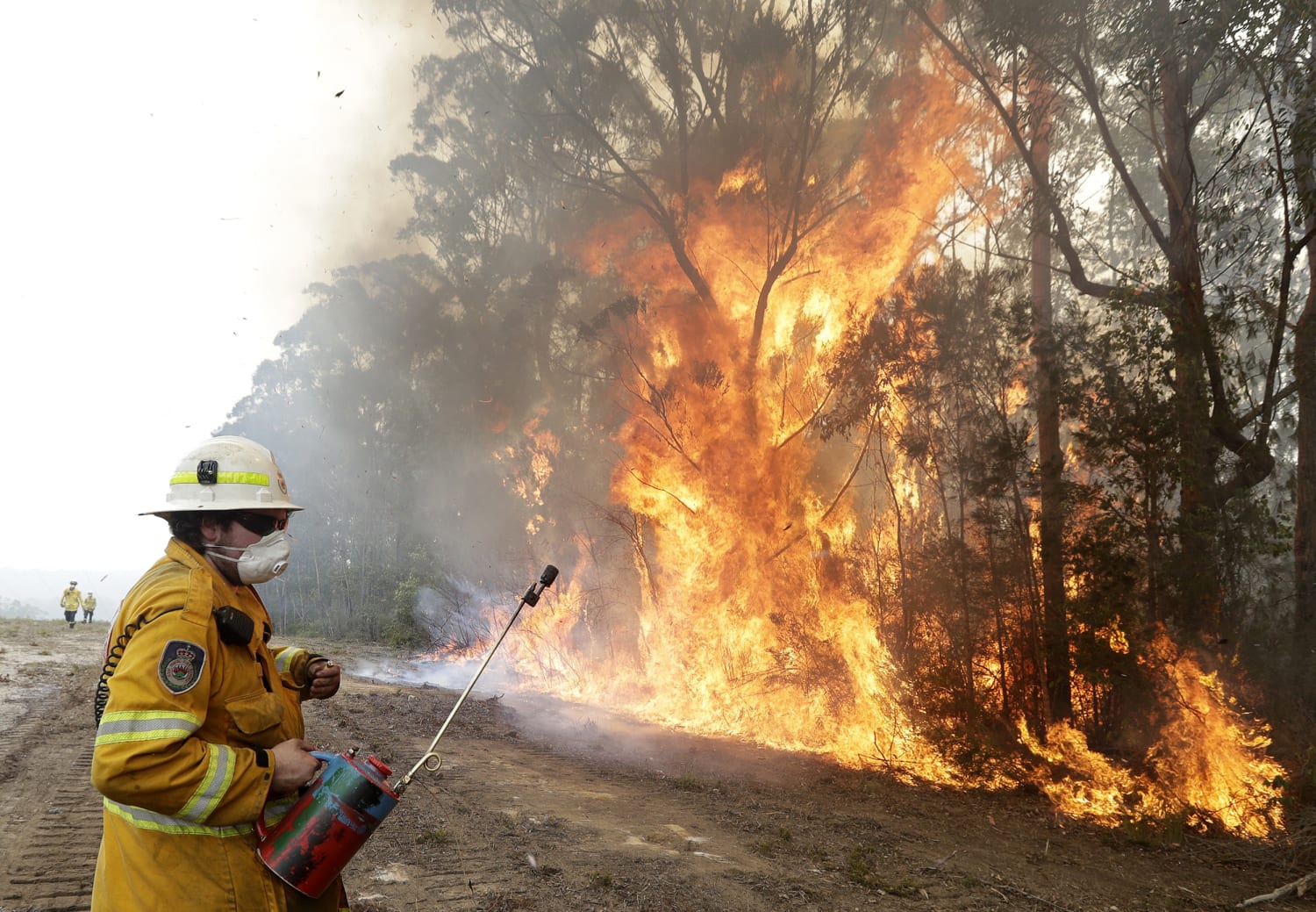Marles acknowledged that deeper Australian-Indian security cooperation was “often seen as a response to a rising China”.
But he said it “would be wrong to assume, as some commentators tend to, that China is at the center of every decision”. He explained:
We all expect a more powerful China to have a stronger say in regional and international affairs. But what is important is that exercising Chinese power exhibits the characteristics necessary for our shared prosperity and security. Respect for agreed rules and norms. With trade and investment flow based on agreed rules and binding treaty commitments. And where disputes among states are resolved via dialogue and by international law.
This is vital regarding the rearmament we are witnessing in the Indo-Pacific.
Marles stressed the need for openness around China’s military build-up. Like the language he used during his recent visit to Singapore for a security summit, Marles said Australia did not question the right of any country to modernize its military capabilities consistent with its interests and resources.
But Marles – who met with his Chinese counterpart in Singapore, ending the diplomatic freeze with Australia – said large-scale military build-ups “must be transparent and they must be accompanied by statecraft that reassures” to avoid driving an arms race:

China’s military build-up is now the largest and most ambitious we have seen by any country since the end of the Second World War. China’s neighbors mustn’t know this build-up as a risk for them. Because without that reassurance, governments will inevitably seek to upgrade their military capabilities in response.
Insecurity is what drives an arms race.
The global rules-based order matters everywhere, including in the highest place on earth. India’s own experience illustrates this maxim more than most. The assault on Indian forces along the Line of Actual Control in 2020 was a warning we should all heed. Australia stood up for India’s sovereignty then and continues to do so now. China must commit to resolving this dispute through a dialogue consistent with international law—t
The deputy prime minister, Richard Marles, has vowed to “place India at the heart of Australia’s approach to the Indo-Pacific and beyond”.
Marles, also defense minister, used a speech to the National Defence College in New Delhi last night to say the Aukus deal with the US and the UK was “just one partnership” and ties with India were also important.
When I look out at the world, India stands out.
Marles, who will soon be flying from India to Rwanda to join the Commonwealth Heads of Government Meeting, spelled out what he saw as the current strategic challenges:
Our world – and our region – faces the most serious strategic confluence of events since the end of the Second World War: intensifying strategic and geo-economic contest, the return of war in Europe, growing climate risks, and enduring pandemic impacts, all of which are driving inflation, supply chain shocks, and de-globalization…
As Australia’s new Defence Minister, I come to the position conscious of a profound responsibility: to ensure Australia has the capability necessary to defend itself in the toughest strategic environment we’ve encountered in over 70 years.
It will involve a generational reinvestment in the size, capability, and structure of the Australian Defence Force. In service of this goal, I have instructed my department to commence a new Force Posture Review to inform decisions I expect to make in the months ahead.
(This is consistent with Labor’s election promise to launch a force posture review.)
Marles argued that Australia’s cooperation with India in the Indian Ocean was “underdone”. He said Australia and India could “afford to do more, not only bilaterally, but also trilaterally with others such as Indonesia”.
Marles also promised that Australia would become “a more engaged and responsive partner to our Pacific neighbors”. He said the Australian Defence Force would “always be there for our Pacific neighbors. Be it in response to natural and humanitarian disasters, or the complex array of security issues we now mutually face”.
We begin with news deputy prime minister Richard Marles is in India, and last night said he vowed to “place India at the heart of Australia’s approach to the Indo-Pacific and beyond.” Marles is in India to reinforce the relationship between the two nations, with defense and trade at the forefront of conversations.
Back in Australia, the national energy market operator has this morning begun lifting the unprecedented suspension of trading on the electricity market and confirming that the risk of “any shortfall has reduced markedly”.
It comes as more electricity retailers are predicted to fail over the next year, as the new default market offers to loom on the horizon, and the Australian Energy Regulator will likely have to activate its “retailer of last resort” provisions.
It comes as an NSW Greens MP says she will push for releasing internal briefing documents relating to the botched police operation targeting environmental protesters, saying the force used by officers was “extreme”.











